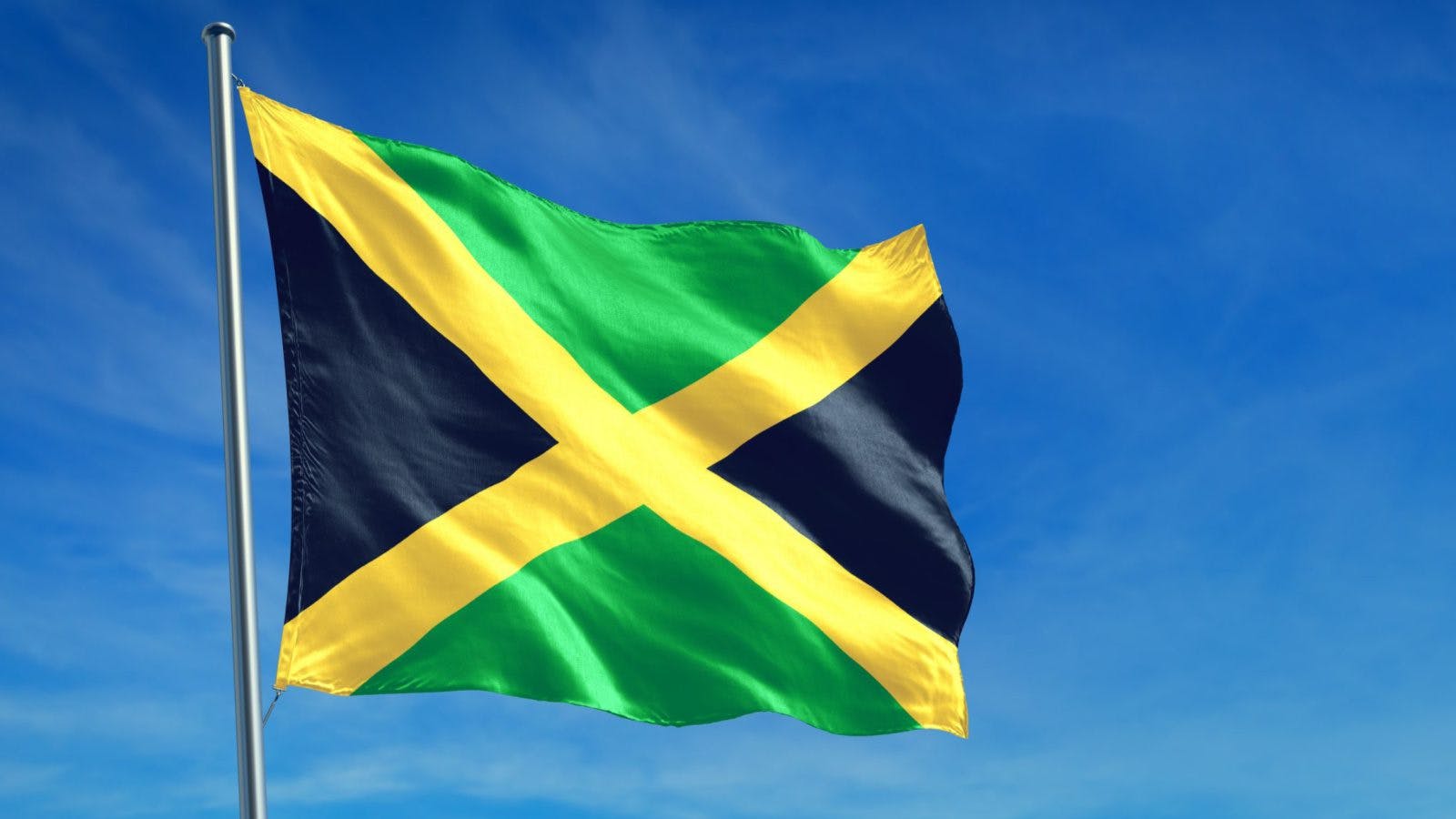In Historic Move, Jamaica Makes CBDC Akin to Cash
Jamaica’s senate authorized the Bank of Jamaica to issue Jam-Dex, which is launching later this month, as legal tender

Jamaican flag | Source: Shutterstock
- Jamaica’s central bank officially recognizes a digital Jamaican dollar as legal tender
- It is the first time in history a country has passed this type of legislation
In a move to offer an alternative in a cash-heavy economy — and buttress the finances of the unbanked — Jamaica has become the first country to render a CBDC legal tender.
Jamaica’s senate authorized the country’s national bank to issue its CBDC (central bank digital currency), the Jamaica Digital Exchange, or Jam-Dex, via an amendment. The fresh legislation expands the definition of legal tender to include virtual tokens, as well as physical notes and coins.
Jam-Dex, which has been in a pilot since 2021, will launch officially for domestic use later this month, Central Bank of Jamaica Governor Richard Byles told Blockworks.
The CBDC is expected to significantly limit the challenges associated with Jamaica’s primarily cash-driven economy. A digital Jamaican dollar offers a more secure, convenient alternative to physical notes and coins, Byles said — and can be used without a bank account.
“Legislators in Jamaica have all now unanimously moved a digital dollar forward in Jamaica,” said Jonathan Dharmapalan, CEO of eCurrency, which provides technology for central banks to issue and distribute CBDCs. “You can use this to settle any debt in Jamaica. It is the medium of exchange. It is the medium of account.”
The success of the pilot, Dharmapalan said, proved Jam-Dex’s underlying technology and infrastructure works, but seeing citizens use the currency in the real world in the coming weeks and months will demonstrate the true value of CBDCs.
“What is primarily important is that countries start to recognize that their money can come in digital form,” he said. “Because it’s digital, you don’t have to be in the same place at the same time to execute a transaction…It’s a really, really powerful tool.”
While Jamaica is the first country to make CBDCs akin to cash, it is not the only government looking into the technology. Brazil, Nigeria and Haiti are among the jurisdictions exploring the establishment or expansion of CBDCs. The Central Bank of the Bahamas’ Sand Dollar became the world’s first CBDC in 2020.
Emerging markets looking into CBDCs have similar goals and motivations, the Bank for International Settlements said in a May report.
“Providing a cash-like digital means of payment, in light of reduced cash usage and an increase in private digital payment services, is the most common consideration,” the report said. “Other significant considerations include strengthening competition among payments service providers (PSPs), increasing efficiency and reducing the costs of financial services.”
Get the news in your inbox. Explore Blockworks newsletters:
- The Breakdown: Decoding crypto and the markets. Daily.
- 0xResearch: Alpha in your inbox. Think like an analyst.






